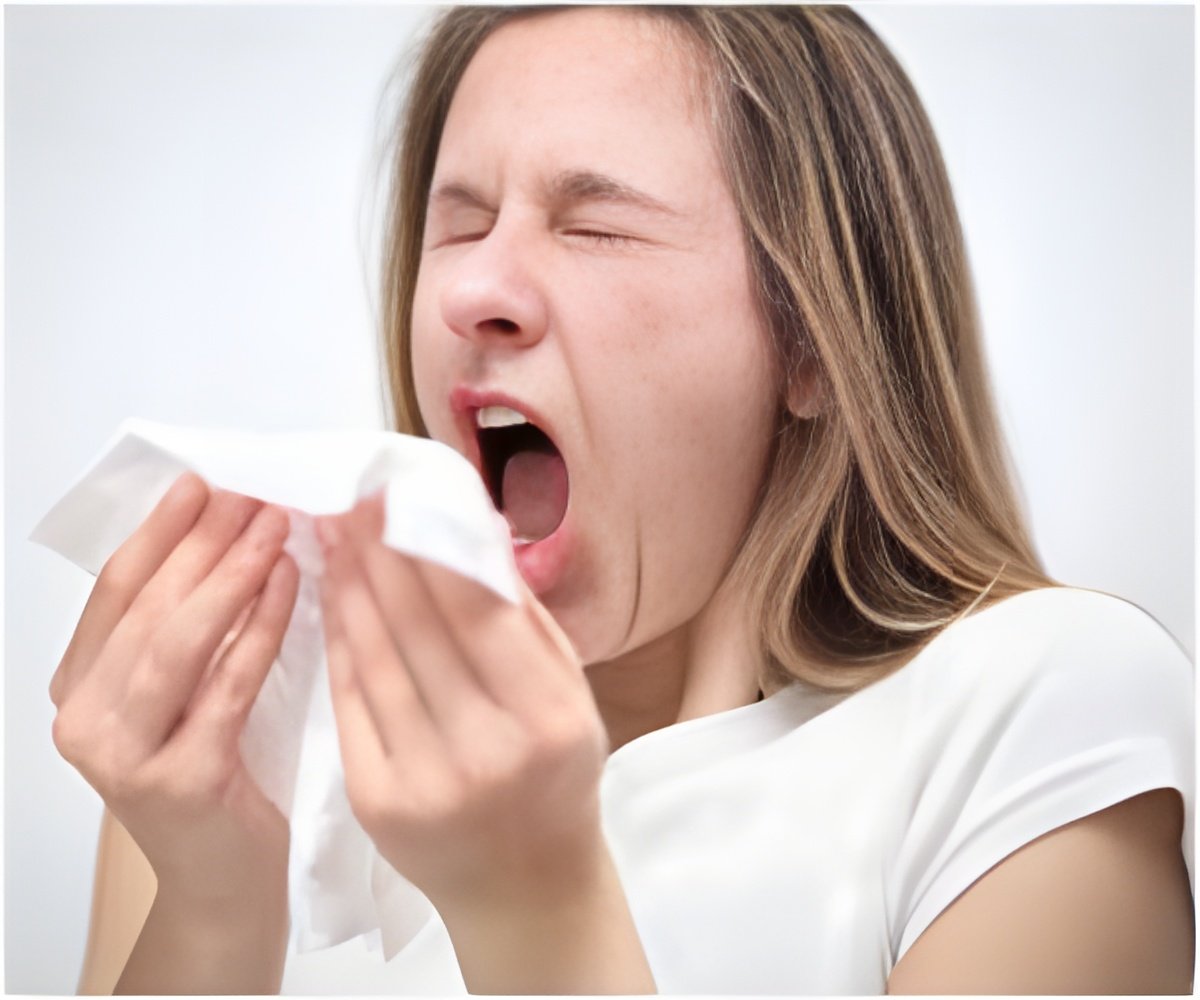Understanding which environmental exposures in early life affect the development of allergies can help take preventative measures for children.

The study also found that children who live with furry pets and no attached garage were more likely to have no sensitivity to any allergens. First author of the study Hind Sbihi, doctoral candidate at the UBC, said, "Understanding which environmental exposures in early life affect the development of allergies can help tailor preventative measures for children. We also found that children who attended daycare or those with older siblings in the household were less likely to develop allergic sensitization, suggesting that exposure to other children can be protective."
The study appears in the Environmental Health Perspectives.
Source-Medindia











